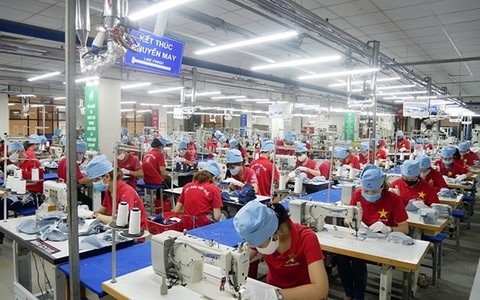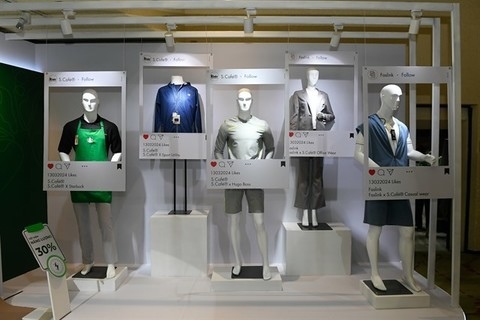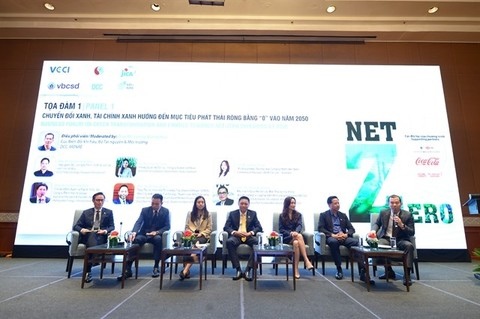Decree 116 moves foreign car makers to expand production in Vietnam?
Decree 116 moves foreign car makers to expand production in Vietnam?
Vietnam’s policy on tightening car import regulations under Decree 116 may be the main reason behind foreign car makers' decision to expand production in Vietnam.
Most recently, Toyota Vietnam proposed the Vinh Phuc People’s Committee to rent 9.1ha of land in Phuc Yen city to expand its automobile manufacturing plant, raising its annual capacity from the current 50,000 to 90,000 units by 2023. Accordingly, the total capital for this expansion is about $40 million.
Toyota’s move is supposed to be the result of Decree No.116/2017/ND-CP, which introduced many strict conditions and regulations about importing cars, which came into effect early this year. Not only Toyota, but Ford and Hyundai are also planning to expand production scale in Vietnam due to the decree.
According to the Vietnamese government, Decree 116 aims to boost the development of the country’s automobile manufacturing industry and enhance the standards of imported cars across a variety of metrics. In addition, the high standards stipulated in the Decree also contribute to improving the localisation rates of car makers doing business in the country.
However, the decree also made Toyota and other car manufacturers temporarily halt production in Indonesia due to difficulties in exporting cars to Vietnam. According to the Indonesian Association of Automotive Manufacturers, the new regulation temporarily halted the production of 9,337 vehicles which were meant to be exported to Vietnam.
Newswire thejakartapost.com quoted the Indonesian Trade Ministry’s director general for International Trade Oke Nurwan saying that the new Vietnamese regulation could significantly affect Indonesian exports of completely build-up (CBU) vehicles to the country.
With the new regulation, in addition to business licences, car exporters and manufacturers must have Vehicle Type Aproval (VTA) certification issued by authorities in the exporting countries.
Furthermore, government bodies will randomly inspect one or two cars of each imported batch. Accordingly, the levels of air emissions, quality, as well as engine security will be inspected.
On February 22, the general secretary of the Association of Indonesian Automotive Industries Kukuh Kumarasaid that Decree 116 has increased export expenses. The inspections could last for one or two months, during which the rest of the batch also need to stay at the ports and exporters have to pay storage charges.
Oke also added that Indonesia stood to lose $85 million in vehicle exports to Vietnam under the decree in December 2017-March 2018.
Maybe the decree’s strict conditions have made it more desirable for car manufacturers like Toyota and Hyundai to expand their manufacturing facilities in Vietnam to save export costs.
Previously, Korean car manufacturer Hyundai in March made a deal with the northern province of Ninh Binh to construct its second Vietnamese automotive plant in the province. While expanding business scale in Vietnam, Hyundai expects to increase its localisation ratio to 40 per cent to export vehicles to Southeast Asia.









